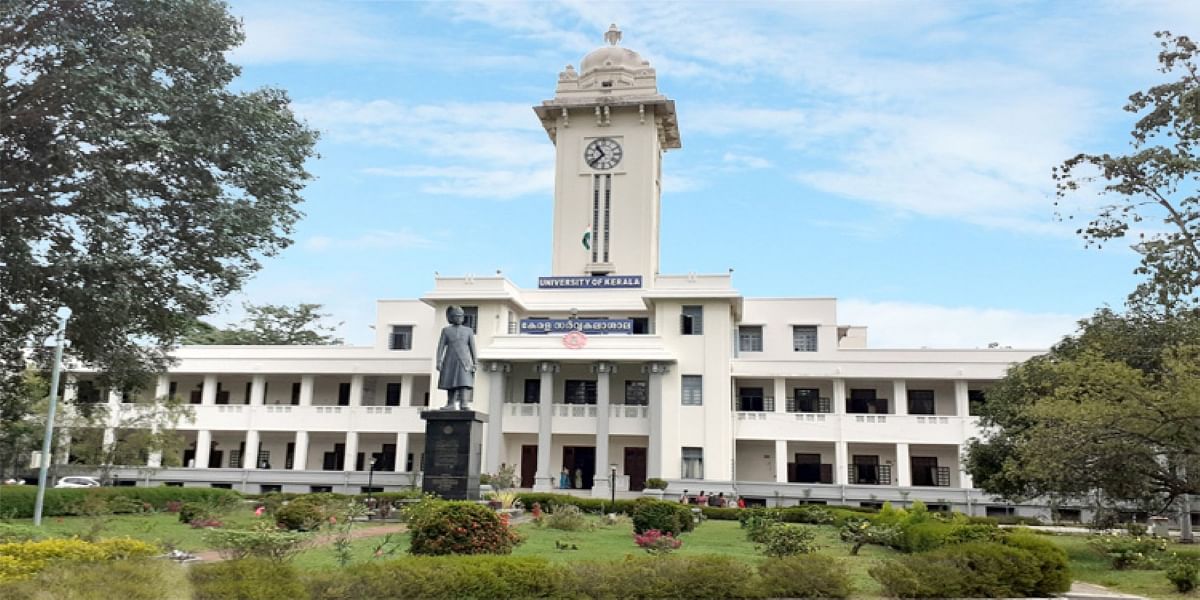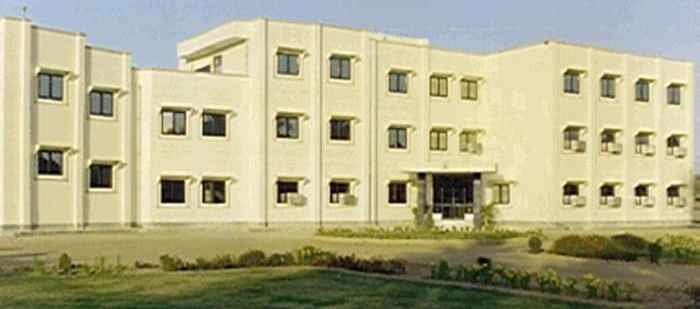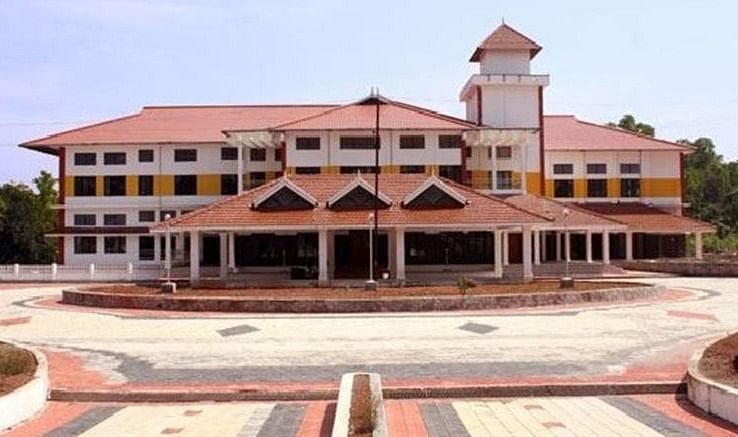BSc Statistics Syllabus and Subjects 2026

The BSc Statistics syllabus encompasses the scientific study of the collection, evaluation, interpretation, and presentation of numerical and empirical data. BSc Statistics subjects include topics such as algebra, calculus, number theory, probability theory, regression, game theory, data collection, sampling techniques, mathematical modeling, etc.
The entire syllabus of B.Sc Statistics is skill-oriented and provides industry-relevant expertise to acquire potential career opportunities. Thus, the scope of B.Sc Statistics is extensive with career options ranging from a Data Analyst & Scientist, Business Analyst to a Statistician.
Table of Contents
Semester Wise BSc Statistics Syllabus
The BSc Statistics syllabus comprises the study of statistical methods, applied statistics, survey sampling, and many more. The semester-wise B.Sc Statistics syllabus is given below:
B.Sc Statistics 1st Year Syllabus
B.Sc statistics syllabus 1st semester includes the fundamental and elementary aspects of statistical methods. The B.Sc Statistics 1st Year subjects are given below:
|
Semester Ⅰ |
Semester Ⅱ |
|
Regional Language
|
Regional Language
|
|
English Language
|
English Language
|
|
Descriptive Statistics
|
Probability and Random Variables
|
| Mathematics | Mathematics II |
| - |
Environmental Studies
|
Practical Topics in the B.Sc Statistics 1st Year Subjects
Practical work is highly associated with any statistic subject in BSc. The practical topics in the statistics syllabus for B.Sc 1st year are given below:
- Descriptive Statistics and Probability
- Inference
- Construction of questionnaires and schedules
- presentation of data using different diagrams and graphs
| B.Sc Statistics: Course Details | Top BSc Statistics Colleges in India |
BSc Statistics 2nd-Year Syllabus
The subjects in the 2nd year B.Sc Statistics syllabus are given below:
|
Semester Ⅲ |
Semester Ⅳ |
|
Regional Language
|
Regional Language
|
|
English Language
|
English Language
|
|
Distribution Theory
|
Programming in C
|
|
Applied Numerical Methods
|
Sampling Techniques
|
| - |
Add-On (Internship)
|
Practical Topics in the 2nd Year BSc Statistics Course Syllabus
The practical topics in the second-year BSc Statistics syllabus are given below:
- Statistical Data Analysis Using EXCEL
- Sampling Theory and Time Series
- Computation of different measures of Central Tendency
- Test of hypothesis
| IGNOU BSc Courses | BHU BSc Courses |
BSc Statistics 3rd-Year Syllabus
The subjects in the third-year syllabus of BSc Statistics are given below:
|
Semester Ⅴ |
Semester Ⅵ |
|
Theory of Estimation
|
Applied Statistics
|
|
Statistical Quality Contro
|
Design of Experiments
|
|
Testing of Hypothesis
|
Operations Research
|
|
Statistical Inference
|
Stochastic Processes
|
|
Operations Research I (Elective)
|
Operations Research II (Elective)
|
Practical Topics in the 3rd Year B.Sc Statistics syllabus
The practical topics in the third-year B.Sc Statistics degree syllabus are given below:
- Statistical Data Analysis Using R Programming
- Chi-square and F distributions
- Simple correlation and regression
- SPSS
Also, Check: B.Sc Admission
BSc Statistics Subjects
BSc Statistics subjects are a combination of mathematical statistics and computer-based statistical methods. Probability & distribution, data interpretation, data sufficiency, and quantitative analysis are the major subjects under the BSc Statistics syllabus. Some of the important subjects are given below:
Core B.Sc Statistics Subjects
Some of the core subjects in the BSc Stats syllabus are given below:
- Probability Theory
- Descriptive Statistics
- Probability Distributions
- Linear Algebra and Population Statistics
- Mathematical Methods and Probability Theory
- Sampling Distributions and Statistical Infer
- Quantitative analysis
Elective B.Sc Statistics Subjects
Some of the elective subjects in the BSc Statistics course syllabus are given below:
- Statistical Quality Control and Reliability
- Biostatistics
- Actuarial Statistics
- Regression Analysis
- Demography
- Real Analysis
- Econometric Methods
- Actuarial Statistics
| BSc Scholarship | Career Options After BSc |
BSc Statistics Subjects in Detail
The syllabus of BSc Statistics is dynamic and includes the study of several areas such as Descriptive Statistics, Inferential Statistics, etc. The following is the B.Sc Statistics subjects list along with the topics covered:
|
BSc Statistics subjects |
Topics Covered |
| Descriptive Statistics |
Measures of Central Tendency, Bivariate data, Analysis of Categorical Data, Multivariate data
|
| Probability and Distributions |
Generating functions, Standard continuous probability distributions, Two-dimensional random variables, Trinomial distribution
|
| Linear Algebra |
Definition of vectors, Determinants of Matrices, Rank of a matrix, Characteristic roots, and Characteristic vectors
|
| Statistical Inference |
Population & parameter, Exact sampling distributions, Elements of hypothesis testing, Joint distribution of order statistics
|
| Linear Models and Regression |
Gauss-Markov set-up, Regression analysis, Analysis of variance, Binary and Count data regression
|
| Design of Experiments |
Experimental designs, Uniformity trials, Completely Randomized Design (CRD), Factorial experiments, Split Plot Design in RBD
|
B.Sc Statistics Course Structure
The B.Sc Statistics curriculum is a three-year undergraduate program divided into six semesters that provides in-depth knowledge of scientific and technical aspects of statistics and the opportunity to enrich knowledge through problem-solving, hands-on exercises, study visits, and projects, among other activities. The general course structure is given below:
- VI semesters
- Practical
- Project Submission
B.Sc Statistics Teaching Methodology and Techniques
BSc Stats syllabus is taught in several ways along with the traditional teaching approach, and some modern techniques such as guest lectures, certification programs, seminars, and case study analyses are also used so that aspirants can have a better understanding of the course outcomes. Some teaching techniques are given below:
- Demonstration
- hypothesis making and discussion
- Problem-solving exercises
- Incorporating real data into the course content
B.Sc Statistics Projects
The projects in the syllabus of BSc Statistics help students to solve industrial, social, and scientific problems in real-world scenarios. The project work is required to be submitted at the end of six semesters. Some popular projects under the syllabus of statistics are given below:
- Statistical Analysis of Students' Expenditure in tertiary institutions
- Time series analysis of patient attendance
- An analysis of infant mortality rate from 1995 to 2004
- Statistical Analysis of road accidents in Nigeria
- Analysis of cash deposits pattern in commercial banks
B.Sc Statistics Reference Books
The reference books for B.Sc Statistics help students to acquire holistic knowledge of statistics in general. The following are the most recommended books for B.Sc Statistics:
|
Books |
Author |
|
Introduction Methods of Numerical Analysis
|
S.S Sastry |
|
Introduction to Statistical Theory
|
Charles J. Stone and Sidney C. Port
|
|
Theory and Analysis of Sample Survey Designs
|
Daroga Singh and Fauran S. Chaudhary
|
|
A Brief Course in Mathematical Statistics
|
Elliot Tanis & Robert V. Hogg
|
|
Fundamentals of Applied Statistics
|
S.C Gupta & V.K Kapoor
|
Top BSc Statistics Colleges
Top Science Entrance Exams
BSc Statistics Fee Structure
FAQs on BSc Statistics Syllabus and Subjects
Q: What is the 1st year syllabus of BSc Statistics?
Q: What are the core subjects in BSc Statistics?
Q: What are the teaching methods used for BSc Statistics?
Q: What are the important books for BSc Statistics?
Q: What is the BSc Statistics course structure?
























